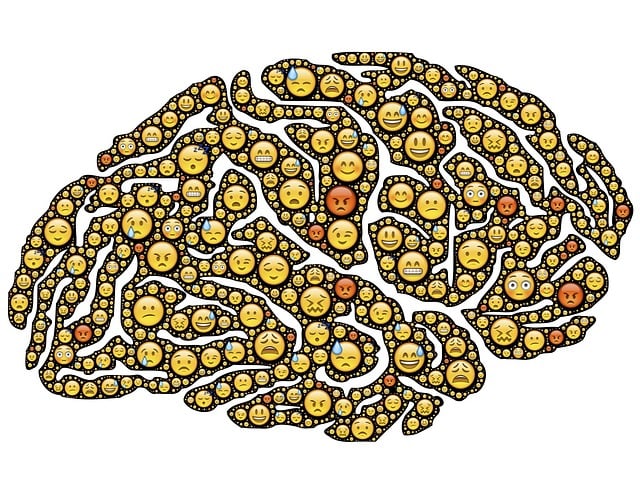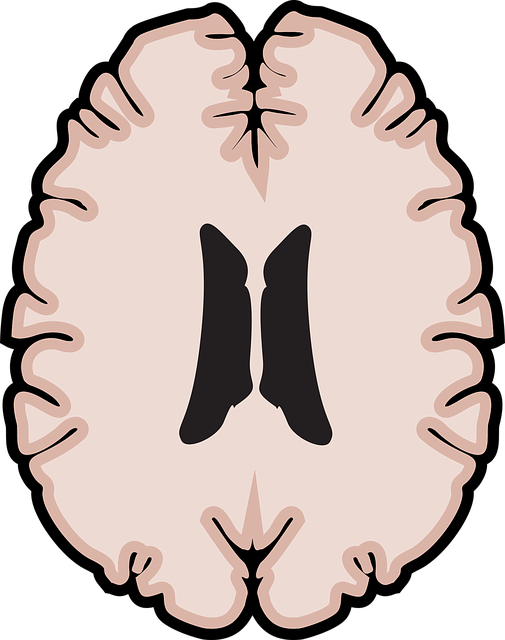Louisville, Kentucky, stands out as a leader in addressing conduct disorder through public awareness campaigns, leveraging its vibrant culture and dedicated healthcare professionals. Initiatives like the Mental Wellness Podcast Series and Burnout Prevention Strategies showcase a commitment to innovative therapy while fostering community mental wellness. These programs, emphasizing culturally sensitive approaches and evidence-based practices, aim to improve outcomes for individuals affected by conduct disorder. Effective public awareness campaigns tailor messages to diverse audiences, using strategic communication channels like social media and traditional methods. Measuring success through surveys helps iterate strategies, ensuring the campaign drives meaningful change and increased access to Louisville Conduct Disorder Therapy.
Public awareness campaigns play a pivotal role in educating communities about pressing issues. In this article, we explore how such initiatives can be developed and optimized to make a tangible impact, using Louisville’s context to highlight conduct disorder as a critical mental health concern. We delve into strategies for crafting compelling messages, selecting effective communication channels, and measuring success, with a specific focus on reaching the Louisville community and promoting Louisville Conduct Disorder Therapy services.
- Understanding Public Awareness: The Louisville Context
- Identifying Key Issues: Conduct Disorder in Focus
- Crafting Effective Messaging for Target Audiences
- Choosing the Right Communication Channels
- Measuring Success and Iterating Strategies
Understanding Public Awareness: The Louisville Context

Public awareness campaigns play a pivotal role in educating communities about various social issues and health-related topics. In the context of Louisville, Kentucky, understanding the local landscape is essential when developing initiatives aimed at raising consciousness. Here, the focus often revolves around addressing conduct disorder, a complex behavioral issue affecting many youth. Louisville’s diverse community presents unique challenges and opportunities for therapists and healthcare providers specializing in mental wellness.
The city’s vibrant culture and dedicated healthcare professionals provide a robust foundation for creating impactful campaigns. For instance, the recent Mental Wellness Podcast Series Production has been a game-changer, offering insights into various aspects of mental health. Additionally, initiatives like Burnout Prevention Strategies for Healthcare Providers aim to support those on the front lines, ensuring they have the tools to manage stress and remain culturally competent. These efforts showcase Louisville’s commitment to not only treating conduct disorder but also fostering overall community mental wellness and provider resilience.
Identifying Key Issues: Conduct Disorder in Focus

In Louisville, as with many communities across the globe, identifying key issues within mental healthcare is paramount. Conduct disorder, a growing concern, requires targeted attention due to its profound impact on individuals and communities alike. According to recent studies and Louisville Conduct Disorder Therapy initiatives, cultural sensitivity in mental healthcare practice plays a pivotal role in addressing this challenge effectively. Understanding and respecting diverse cultural backgrounds and beliefs are essential steps towards tailored interventions that resonate with affected populations.
The complexity of conduct disorder extends beyond individual symptoms; it is deeply influenced by social and environmental factors, including stress management. Louisville Conduct Disorder Therapy programs emphasize the importance of integrating evidence-based practices alongside initiatives focused on Mental Health Policy Analysis and Advocacy. By combining these approaches, healthcare providers can navigate the intricate web of cultural sensitivities while promoting policies that advocate for comprehensive support systems, enhancing access to care and fostering positive outcomes for individuals struggling with conduct disorder.
Crafting Effective Messaging for Target Audiences

Creating compelling messages for specific target audiences is a strategic art in public awareness campaigns. When addressing mental health topics like Louisville Conduct Disorder Therapy, tailoring content to resonate with diverse groups is essential. For instance, when crafting educational materials for parents and caregivers, messages should emphasize the early signs of conduct disorder and highlight the benefits of timely intervention through therapy services. Emphasizing successful case studies can build trust and encourage parents to seek help for their children.
On the other hand, designing awareness campaigns aimed at adolescents could focus on peer influence, emotional regulation, and healthy coping mechanisms. Incorporating real-life stories from peers who have successfully navigated challenges related to conduct disorder can be powerful. This approach ensures that messages are relevant and engaging for the intended audience, promoting open dialogue about mental health while encouraging them to seek support through Louisville Conduct Disorder Therapy or similar programs offering Social Skills Training, Stress Management, and Mood Management techniques.
Choosing the Right Communication Channels

When developing public awareness campaigns for Louisville Conduct Disorder Therapy or any mental health initiative, selecting the optimal communication channels is paramount to reaching and engaging your target audience. The right platforms can amplify the message and foster a deeper understanding of complex issues like conduct disorders. For instance, social media has become an indispensable tool for spreading Mental Health Awareness, especially among younger demographics. Utilizing visually appealing content and interactive formats can effectively convey Self-Awareness Exercises and Compassion Cultivation Practices, making these once-abstract concepts accessible to a broader spectrum of individuals.
However, it’s not just about digital reach. Traditional methods still hold value, especially when addressing underserved communities. Local community centers, schools, and faith-based organizations can serve as ideal hubs for hosting informational sessions or workshops, encouraging open dialogue, and providing support networks. Tailoring communication strategies to diverse audiences ensures that the message resonates with people from various backgrounds and encourages them to seek help when needed, whether it’s for personal mental health struggles or understanding a loved one’s condition like Conduct Disorder.
Measuring Success and Iterating Strategies

Measuring success and iterating strategies are vital components of any public awareness campaign, especially when addressing complex issues like conduct disorder in Louisville. To assess the impact, organizers can employ various methods, such as pre- and post-campaign surveys to gauge changes in public knowledge and attitudes. This data provides insights into the effectiveness of the messaging and identifies areas for improvement. For instance, if the campaign successfully increases awareness about Louisville Conduct Disorder Therapy but doesn’t translate into increased service utilization, it suggests a need to incorporate more information on access and availability.
Iterating strategies involves adapting based on these findings. Incorporating elements from successful campaigns in other communities, such as Mental Wellness Coaching Programs Development and Self-Awareness Exercises, can be beneficial. Additionally, integrating Conflict Resolution Techniques into the awareness campaign can enhance its reach and impact. By continuously refining their approach, public health advocates can ensure that their messages resonate with target audiences and drive meaningful change in Louisville.
Public awareness campaigns play a pivotal role in addressing societal issues, and this article has provided a comprehensive framework for developing effective initiatives. By understanding the local context, such as the Louisville conduct disorder scenario, and tailoring messaging to specific audiences, we can create powerful tools for change. Utilizing the right communication channels ensures that the message reaches its intended folks, while measuring success allows for continuous improvement in strategies, particularly in areas like Louisville Conduct Disorder Therapy. Through these steps, we can navigate the path towards a more informed and engaged community.














